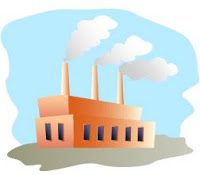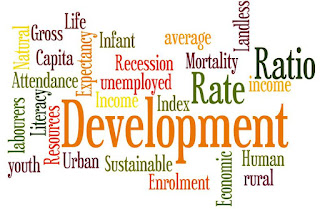THE AGE OF INDUSTRIALISATION
 |
| Industrial Revolution led to pathetic conditions for women and children. credits: clipart-europe.com |
Q1: What are guilds?
Answer: Guilds are associations of craftsmen or merchants following same craft and practices to protect the members interest, supervise the standard of work and regulate prices.
Q2: Define Fuller
Answer: Fuller is a person who fulls or gathers cloth by pleating.
Q3: Why did the import of raw cotton increase in Britain in late 18th century?
Answer: In 1767 the import of raw cotton increased in Britain due to rapid increase in production and mechanisation of the processes of production.
Q4: What do you mean by Proto Industrialization?
Answer: The early phase of industrialisation in which large scales of production took place to meet international market demands at decentralized units but not at factories.
In urban areas the units were controlled by craft guilds while in rural areas merchants had setup their own production units. The proto-industrial system was prevalent in England and some otehr parts of Europe much before the concept of factories came up.

















